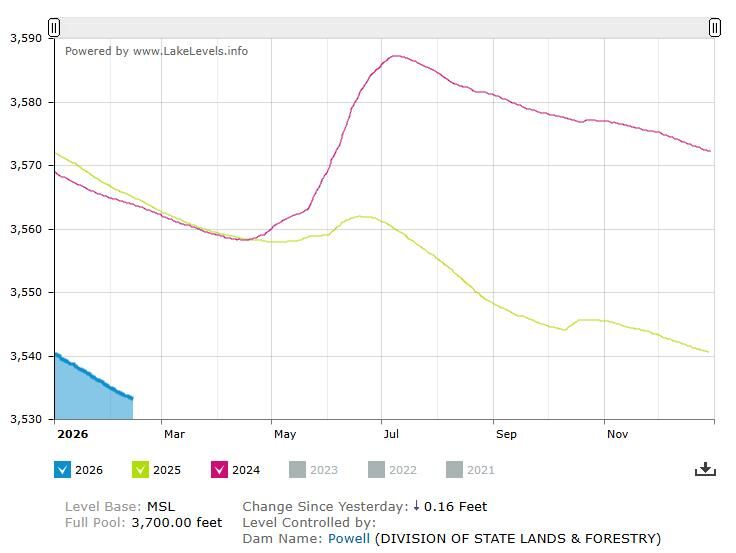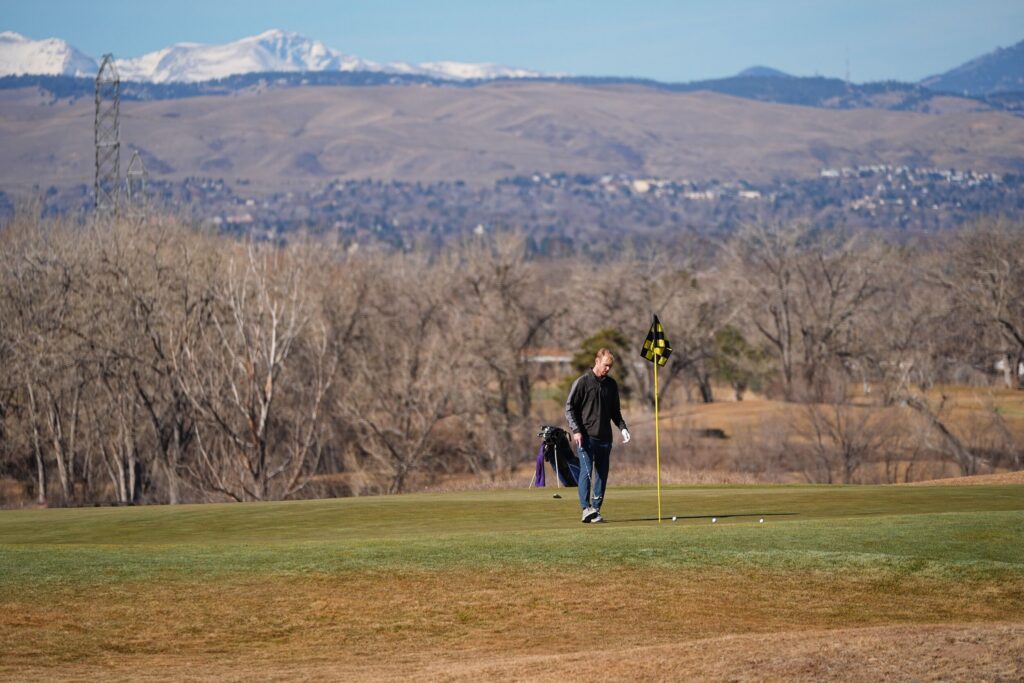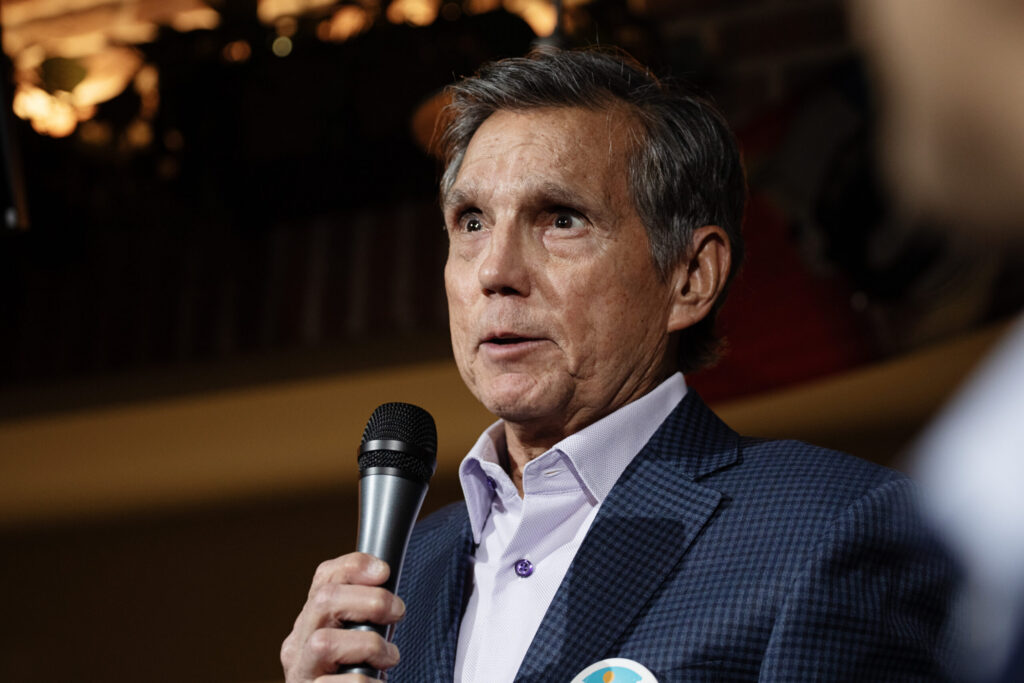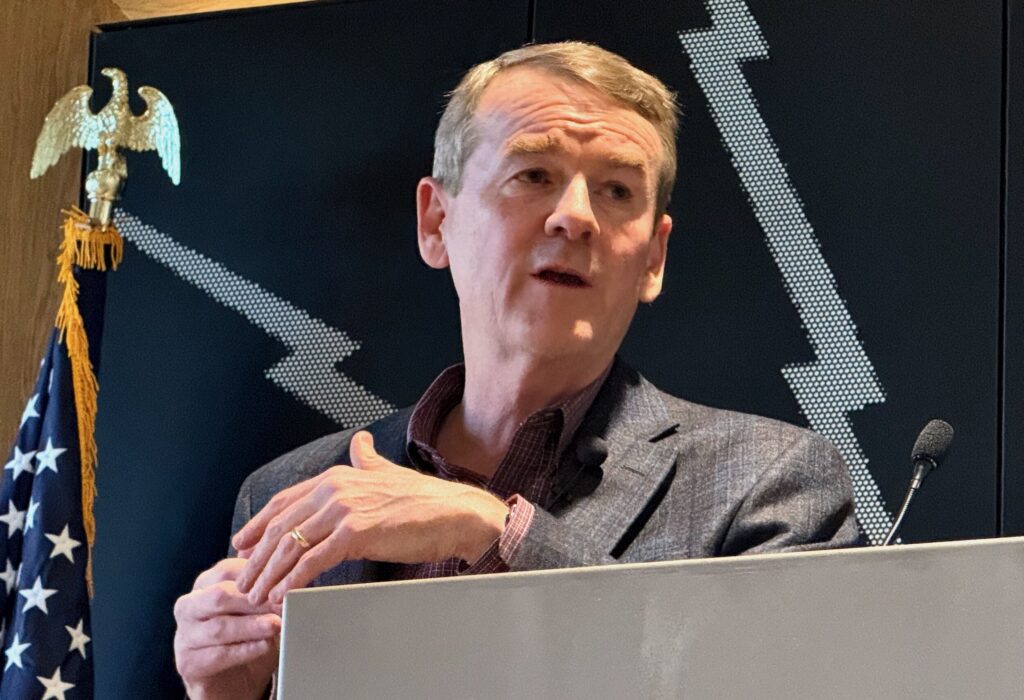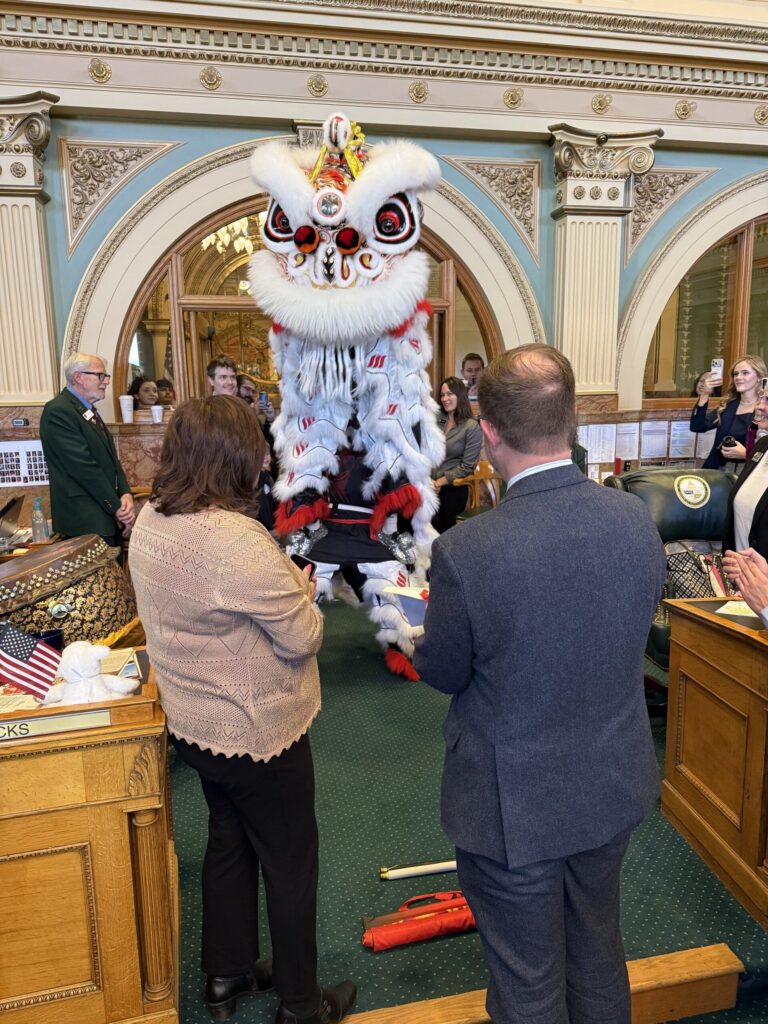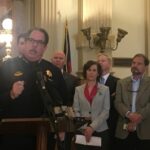Redistricting measures pass Senate unanimously, map to the ballot seems clear

The Colorado Senate on Monday gave unanimous approval to two resolutions that would ask voters to redraw legislative and congressional boundaries to put competitiveness over partisan advantage in future political races.
The issue now goes to the House to start over, but if Senate Concurrent Resolution 4 on congressional maps and Senate Concurrent Resolution 5 on legislative districts makes it through un-amended both would be on the ballot in November.
Voters could decide to scrap the way political districts are drawn now: congressional districts by the General Assembly and legislative districts by a panel of political appointees every 10 years based on the census.
The party that holds the majority in the legislature, with the help of the governor, tend to favor its members and governor’s office can, especially incumbents, who might benefit from having certain neighborhoods in or out of their districts, based on voting patterns.
As a result, the legislature has historically created districts that are considered safe for one party or the other, which gives more authority to state and local party activists and less to voters who might not support the majority that holds their district, proponents contend.
The ballot measures would create appointed committees balanced between Democrats, Republicans and unaffiliated voters who work off maps drawn by a non-partisan staff of experts to minimize political interests.
Groups that have battled over the proposals for years – Fair Districts Colorado and People Not Politicians – joined forces last month and had hoped to collect signatures to get on the ballot, until legislative leaders agreed to step in and try to send the measure to voters.
Both resolutions are sponsored by Senate President Kevin Grantham, R-Canon City, and Sen. Stephen Fenberg, D-Boulder, with House Speaker Crisanta Duran, D-Denver, and House Minority Leader Patrick Neville, R-Castle Rock.
Fair Districts Colorado and People Not Politicians are more than happy to bypass signature gathering for petitions, a costly and uncertain process in Colorado, political candidates can attest.
“Either way, voters this November will have the chance to make significant improvements to Colorado’s redistricting and reapportionment processes through reforms that emphasize fairness and competitiveness,” the proponents say in their fact sheet about the two resolutions.
They say their proposal would:
Editor’s note: This story was updated to clarify there are two separate pieces of legislation and that the governor has a role in the existing process.



